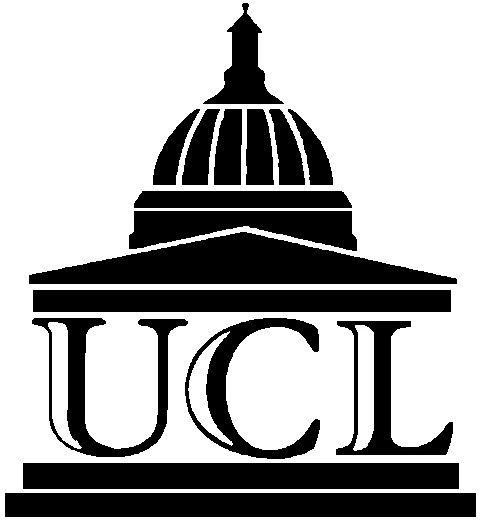
MSc in Built Environment: Environmental Design and Engineering
University College London, London - Canada


University College London, London - Canada

MSc in Built Environment: Environmental Design and Engineering
University College London, London - Canada
Top UK University
Degree
Postgraduate
Duration
12
Course Type
With Co-op
Co-op education gives you real-world experience in a job related to your studies.
INR
36.31L
USD 42722
1st Year Tuition Fees
Opening Soon